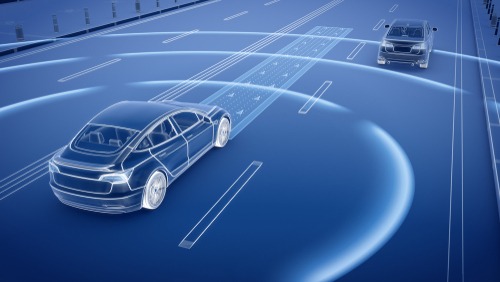
According to a recent AAA automated vehicle survey, 68 percent of drivers are afraid of self-driving vehicles.
This is 13 percent higher than last year’s survey.
“We were not expecting such a dramatic decline in trust from previous years,” Greg Brannon, AAA director of automotive research, said. “Although with the number of high-profile crashes that have occurred from over-reliance on current vehicle technologies, this isn’t entirely surprising.”
The organization believes this could be from misleading or confusing names of vehicle systems as well as a need to dispel confusion around automated vehicles. The survey found that 22 percent of participants think driver support systems can drive a car without any supervision. Nearly one in 10 believed there are vehicles on the market that drive themselves while drivers sleep.
Advanced Driver Assistance Systems include blind spot warning, adaptive cruise control, and automatic emergency braking. Six in 10 participants said they would “definitely” or “probably” want these systems on their next cars.
A fully self-driving vehicle is one capable of driving without human involvement. A human driver is not required to control the vehicle nor required to be present while the vehicle is moving. These are not available for purchase by consumers.
“AAA seeks to partner with automakers to create greater consistency across the industry. Together, we can help consumers understand the type of technology their vehicle has along with how, when, and where to use these systems, which will ultimately build trust in the vehicles of the future,” Brannon said.
The survey was conducted from Jan. 13-17 and provides sample coverage of approximately 97 percent of U.S. households.